Case Study
Water chlorination for street cleaning
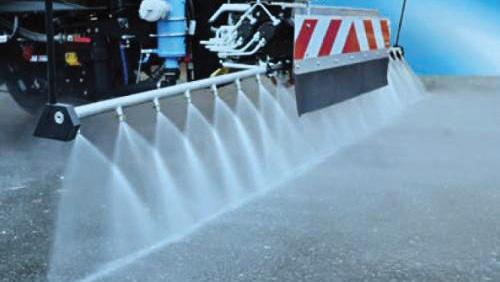
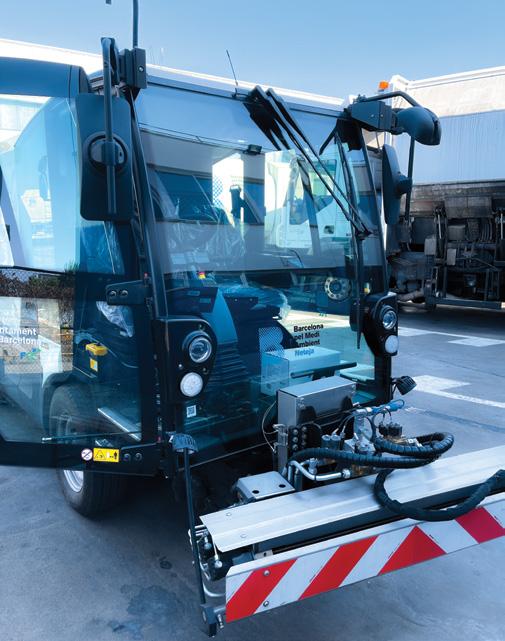



When an outbreak of infectious disease causes widespread anxiety within a community, by being seen to perform largescale disinfection the local authority can protect residents and visitors from harmful pathogens while reassuring them that they take public health seriously.
One way to achieve this in an outdoor setting is the use of vehicles fitted with spray and misting systems that can quickly disinfect a broad area, a technique widely used during the coronavirus pandemic.
At that time, in the early months of 2020, mobile cannons and misters could be seen spraying sanitiser on streets in China, the Philippines and Iran as governments tried to slow the spread of the disease.
When a local authority designed a variation on this approach to help control a legionella outbreak, they approached SEKO to provide a bespoke pump system.
The plan was to fit a road sweeper truck with an all-in-one wash system that could dose water – sourced from groundwater intakes around the city – with chlorine before using it to spray the streets as the vehicle travelled its route.
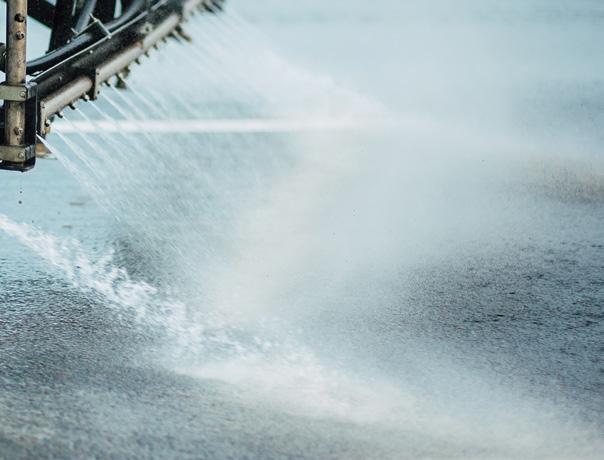
With a brief to supply a metering pump to dose the correct quantity of chlorine along with a control unit to maintain the required flow rate, SEKO set about creating a system that would help the authority achieve effective disinfection while monitoring wash frequency and chemical and water consumption.
After analysing the customer’s requirements, the SEKO product team recommended the Kontrol 100 single-parameter controller and Tekna TPT solenoid-driven metering pump from its water-treatment range.
“SEKO created a system that would help the authority achieve effective disinfection while monitoring wash frequency and chemical and water consumption”
A rotary vane counter installed at the water inlet sends a signal to the Kontrol 100, which interprets the measurement as a flow-rate reading and transmits the information to a truck-mounted customer datalogger as well as a Tekna TPT metering pump.
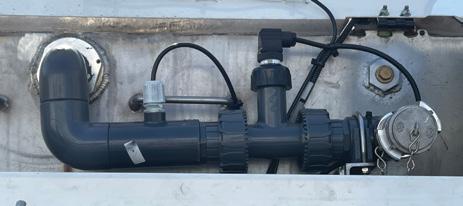
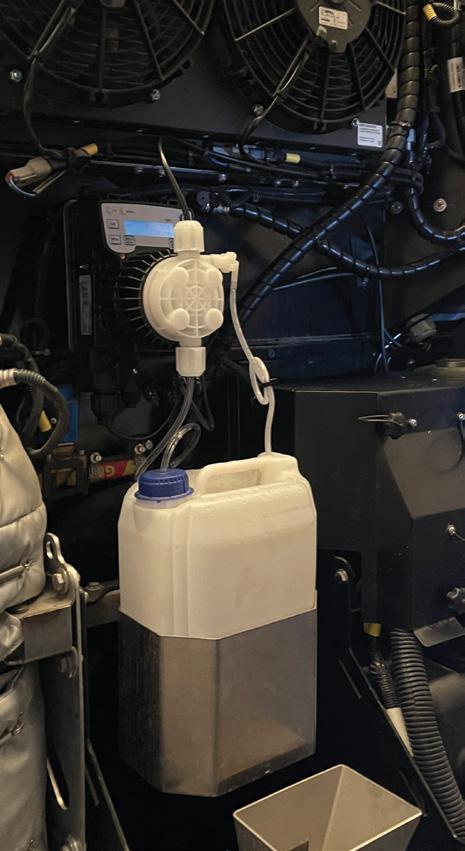

The Tekna pump then uses the flow rate measurement to precisely dose a proportional quantity of chlorine into the water which is then sprayed onto the streets to help kill legionella bacteria and reduce the spread of Legionnaire’s disease.
All equipment is powered from the truck’s 12-volt battery, while the datalogger records the number of times the truck is filled and the volume of water used to wash the streets. This allows the authority to monitor water and chemical consumption as part of its sustainability reporting.
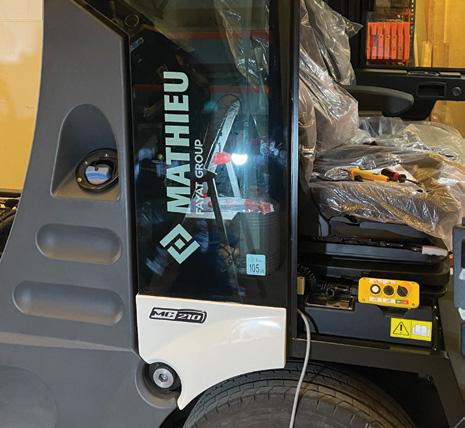
Another example of a SEKO solution helping customers achieve long-term, cost-effective improvements in their daily operations.
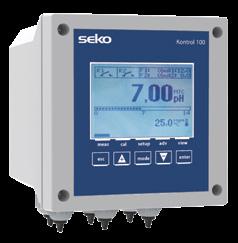
For everyone from buyers and engineers to end users, SEKO Hub is the ultimate all-encompassing platform that brings you to the heart of SEKO and gives you what you need when you need it.
Bringing together essential documents such as manuals, case studies and brochures as well as tutorial videos, favourite products, an appointment booking system and so much more, SEKO Hub is a central personalised platform to revolutionise the way you work. SEKO Hub is available online or via app, so you’re never without it whether you’re at work, at home or on the move. It’s your home for the complete SEKO experience, so join SEKO Hub and make our world a part of yours.
SEKO reserves the right to amend and change specifications without prior notice. All pictures shown are for illustration purpose only. Actual product may vary due to product enhancement. Published data may be subject to change.
© 2022 SEKO, Layout and origin: UK, 850003 WI EN V04
A world of SEKO in one